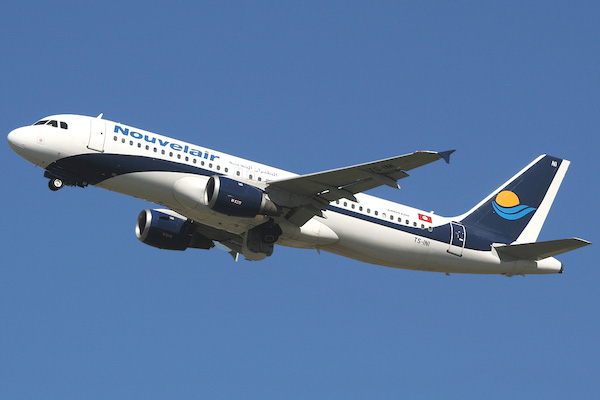Survey: Most Corp. Travelers See Culture Cost in Virtual
Nearly two-thirds of U.S. business traveler respondents suggest virtual work conditions have taken a toll on work productivity and workplace culture, according to a survey released Monday by the American Hotel & Lodging Association.

Nearly two-thirds of U.S. business traveler respondents suggest virtual work conditions have taken a toll on work productivity and workplace culture, according to a survey released Monday by the American Hotel & Lodging Association.
Conducted March 8-9 by business intelligence company Morning Consult on behalf of AHLA, the survey comprised a national sample of 2,210 respondents who are employed adults. Of those, 256 respondents, or 12 percent, identified as working in a job that typically includes work-related travel or who expect to travel for business at least once this year.
The desire for travel and approval of relaxing U.S. Centers for Disease Control and Prevention's restrictions related to Covid-19 was cited by 69 percent of all respondents, with 43 percent noting they are more likely to travel for business compared to 2020-21 in response to relaxed public health requirements. Evidence of pent-up travel demand has been displayed in the U.K. and India, where air travel restrictions have eased and business travel bookings have risen.
At least 80 percent of all survey respondents said that face-to-face interactions are important for maximizing company success, maintaining relationships with coworkers and clients, professional trainings and morale. For business travelers, these sentiments increased by at least 3 or more percentage points for each.
But there was less agreement in the way these benefits are effected. Employed Americans were less likely to discount the value of virtual interactions; for example, 44 percent of adults agree that an increased reliance on virtual work negatively impacts productivity compared with 64 percent of business travelers. Similarly, 65 percent of business travelers indicated that "an increased reliance on virtual work negatively impacts workplace culture," compared with 46 percent of all adults.

 Hollif
Hollif 































